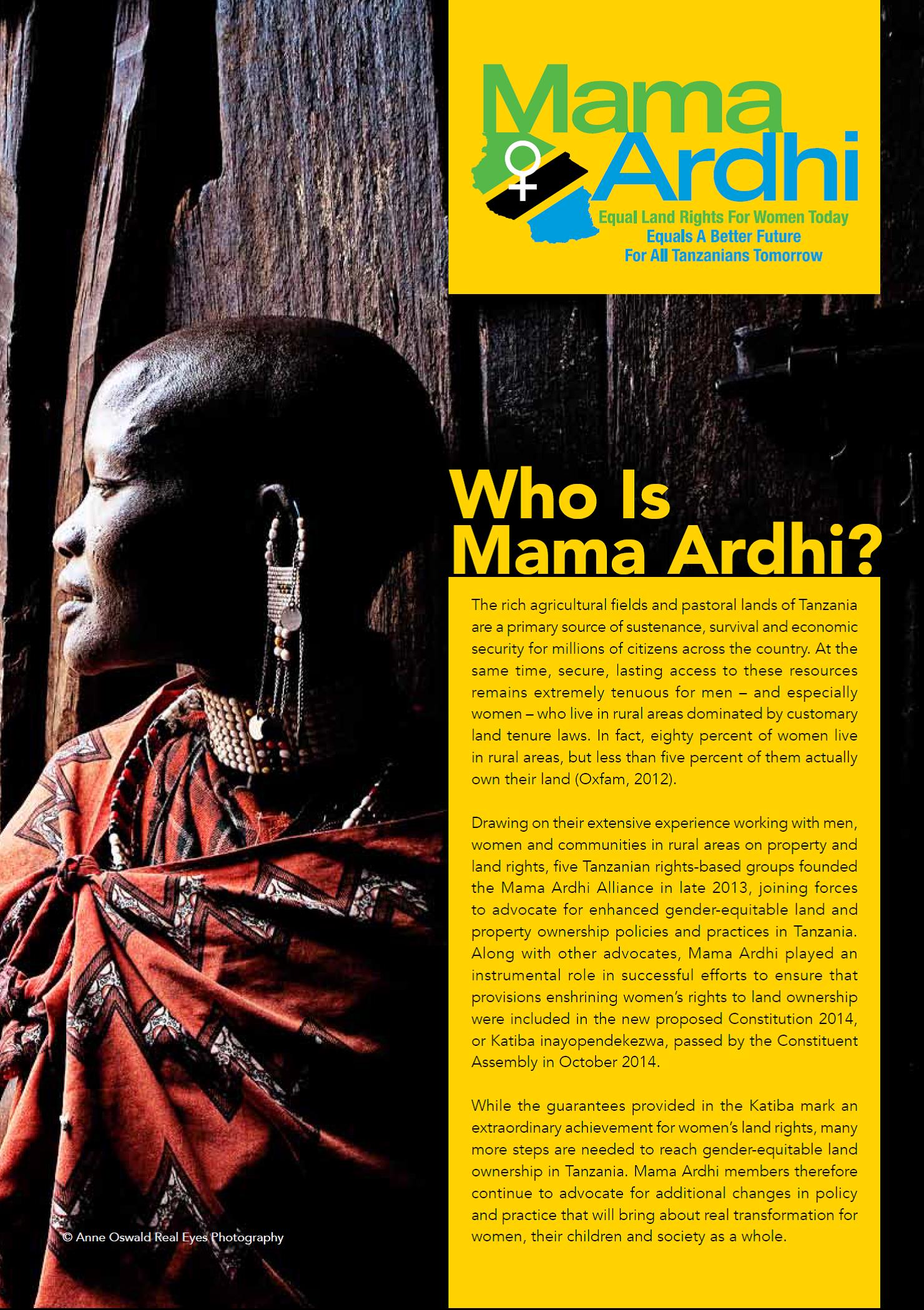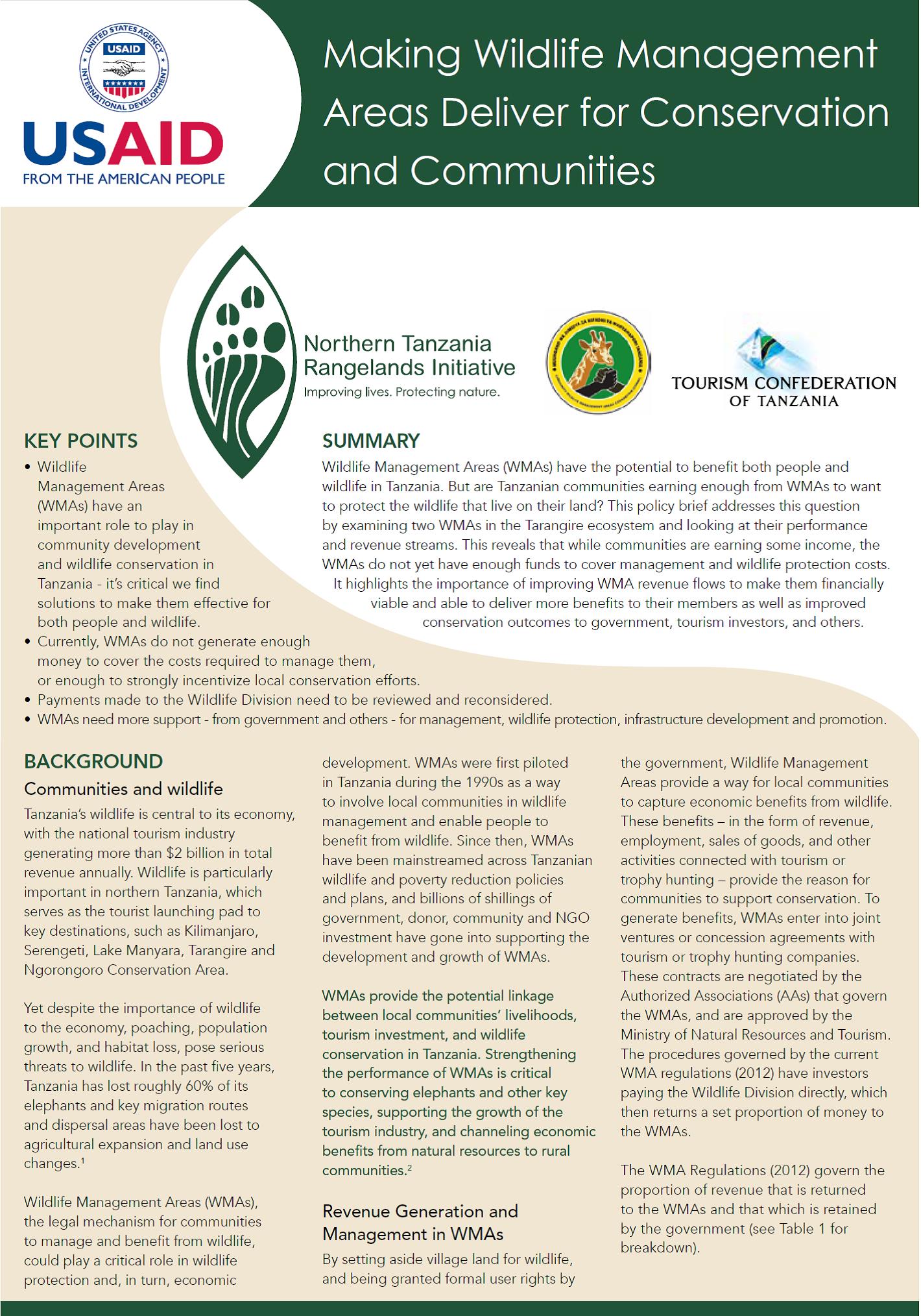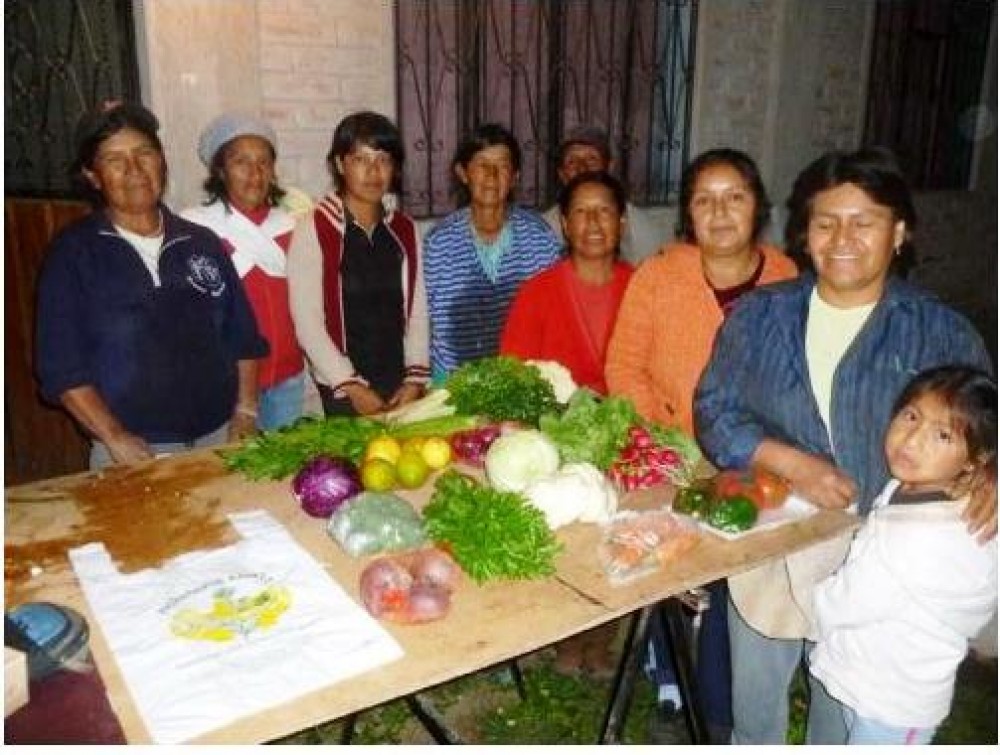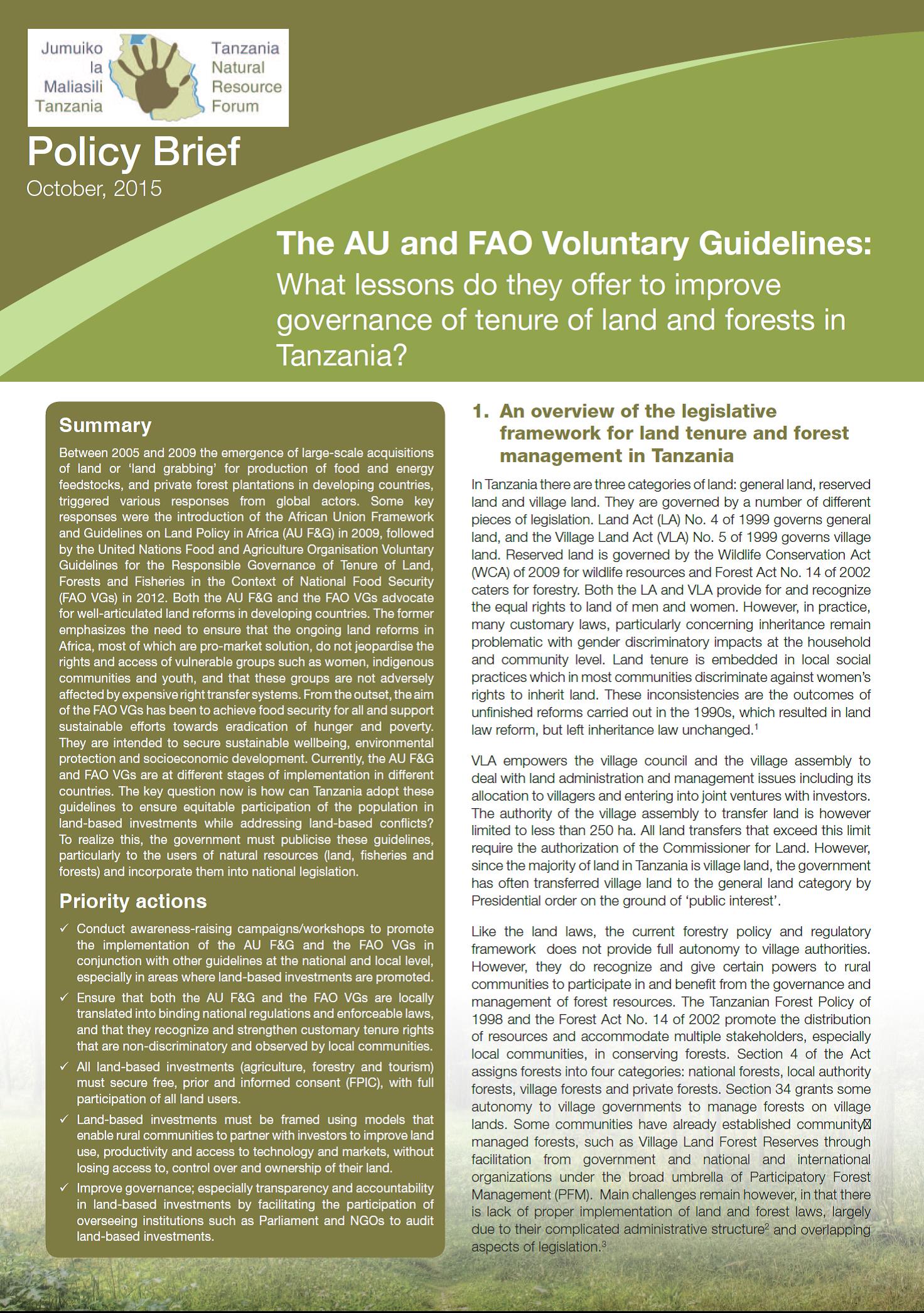Gender relations and water management in different eco-cultural contexts in northern Thailand
This paper assessed water management by households from three ethnic groups in two contrasting ecological settings (upland and lowland) in the Upper Ping River Basin in Northern Thailand. Important gender differences in the use and management of water were identified. Women are major users of water for agriculture in the uplands, but less so in the lowlands. In the lowlands irrigation is viewed as a masculine activity. In the uplands the role of women is more widely accepted, with women frequently being members of water user groups.








